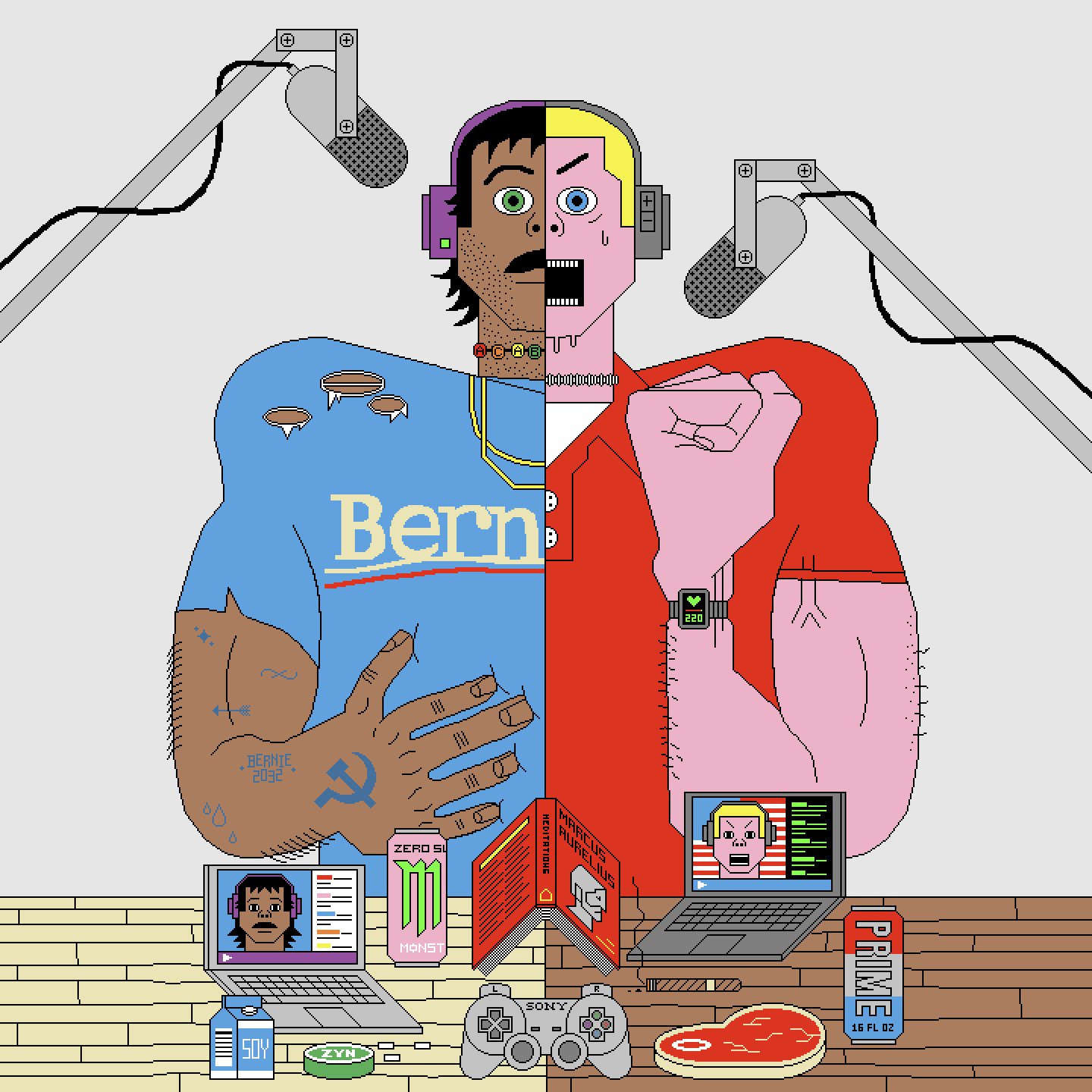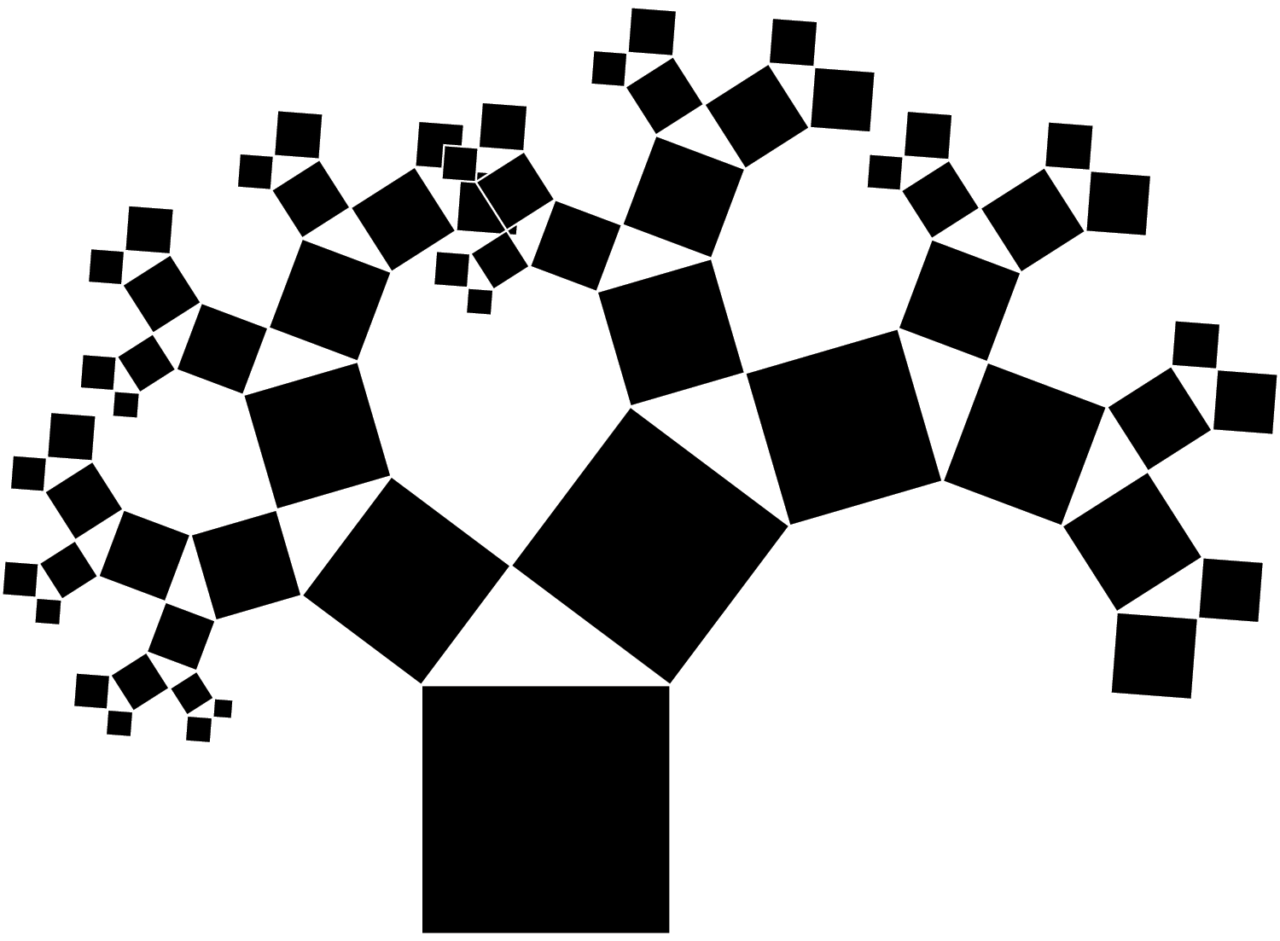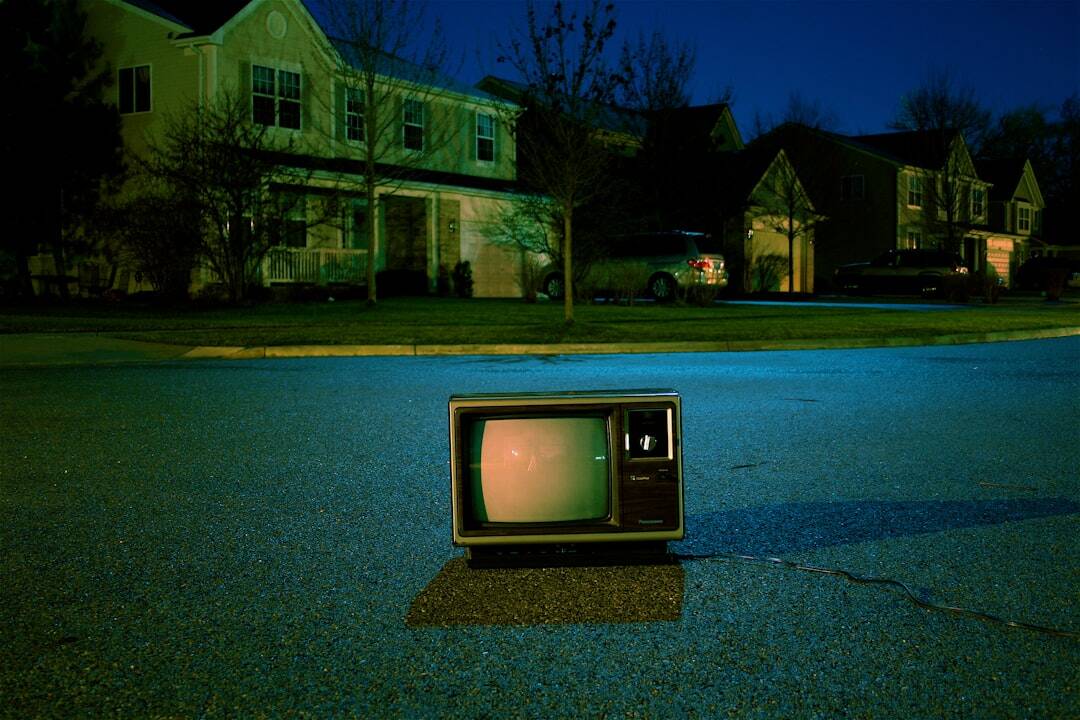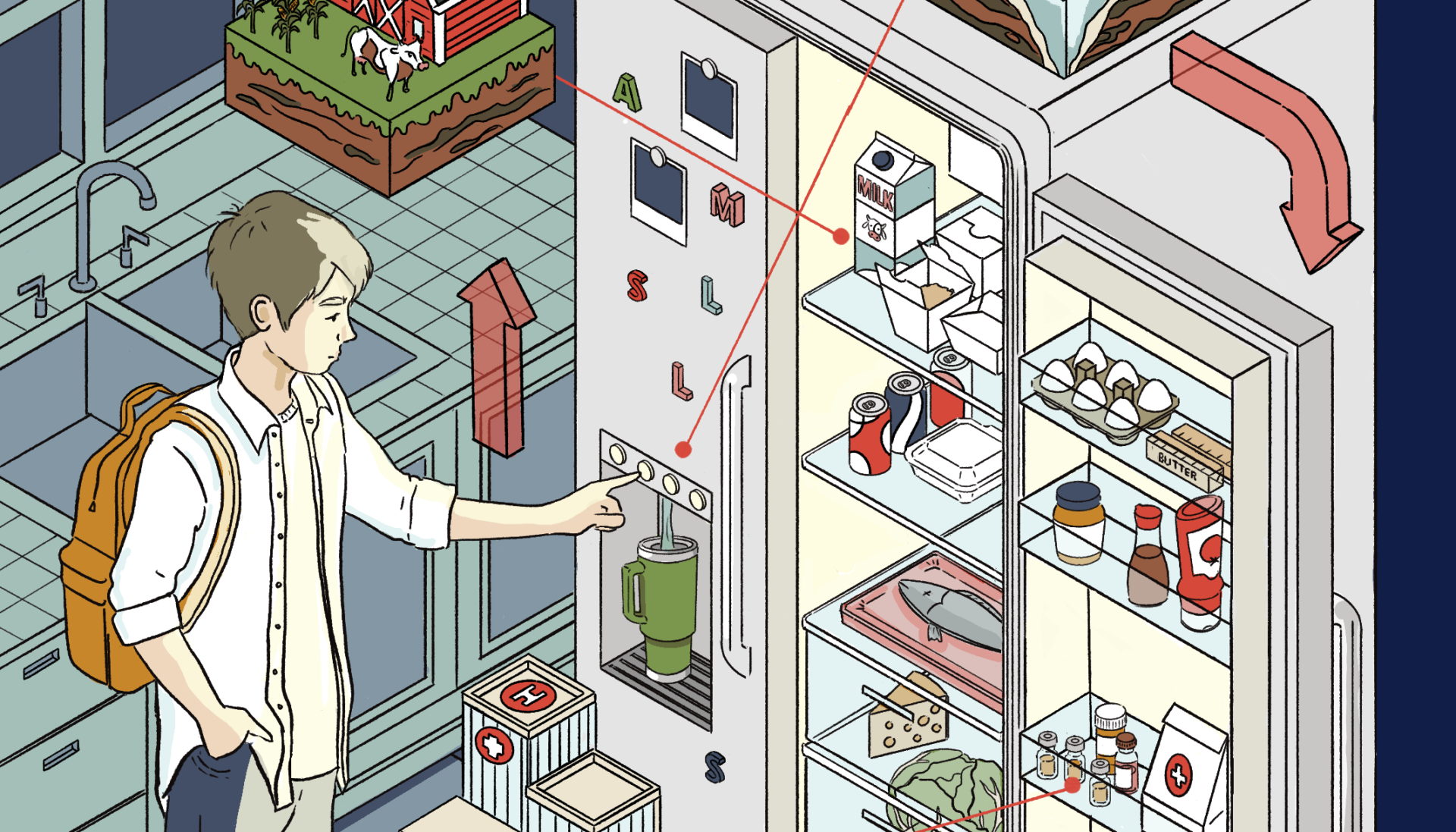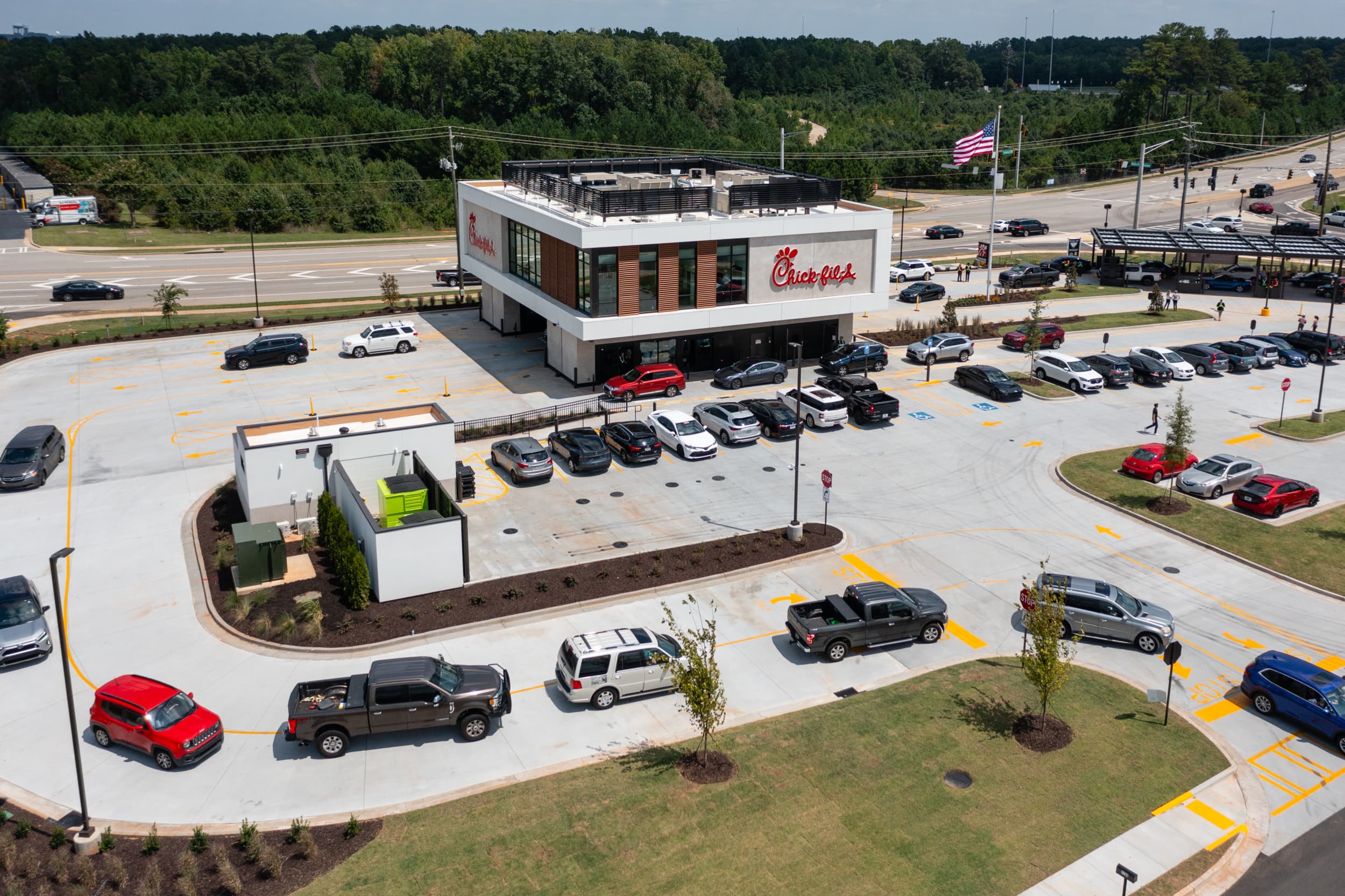What's going on on the left: abundance & vibes - #426
If you're even vaguely into politics, there's a lot to read right now. The sheer volume of political news is tremendous before you even start to read the smart columnists trying to help us make sense of it. While there's reason enough to read journalism and opinion pieces about those on the right currently in power, I think the more interesting stories are about the left. We're in such a seesaw of election cycles that reading about the politicians in their out-of-power wilderness is a preview of the folks who'll be running things in two or four years. (This is probably why the writing about right's internecine years after 2020 was so riveting.) There left has two distinct things going on: abundance and vibes. Both are worth watching and which wins may predict where we're headed.
